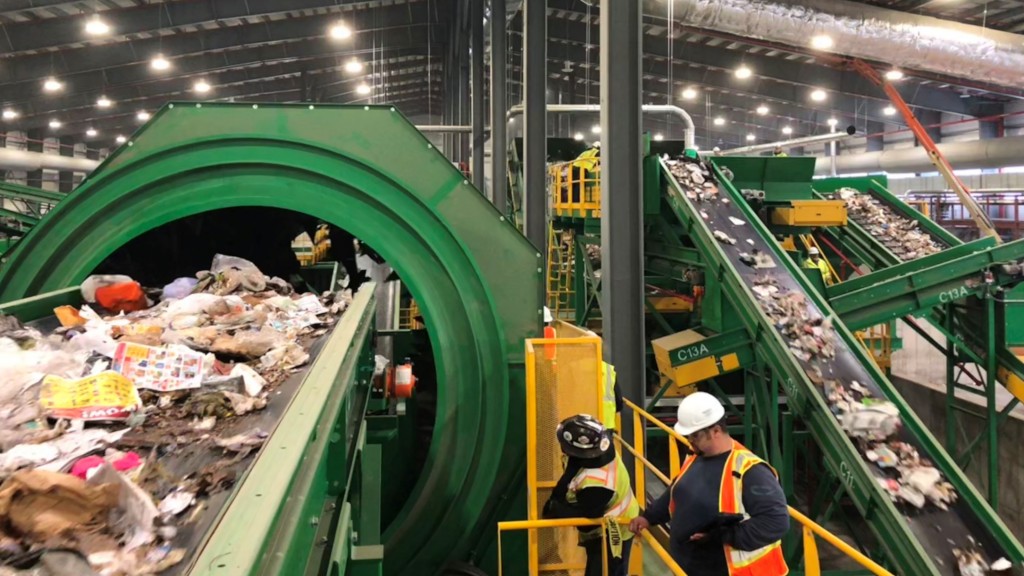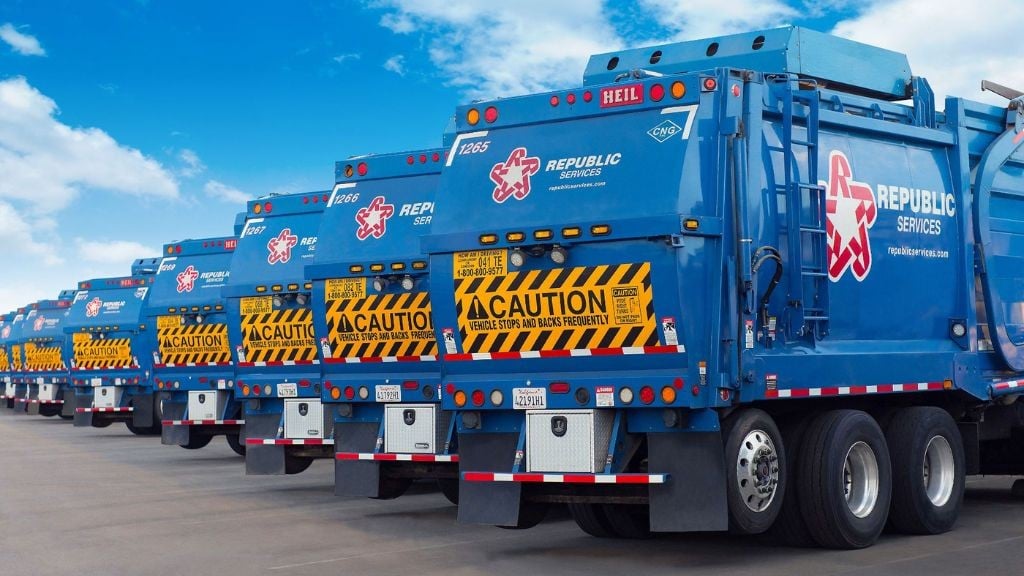2020 MRF summit tone optimistic in the face of ongoing challenges
SWANA and ISRI hosting online event covering the latest policy, safety and technology for the advancement of used materials recovery

The 2020 MRF Summit, a virtual event jointly produced by the Solid Waste Association of North America (SWANA) and the Institute of Scrap Recycling Industries (ISRI) kicked off Wednesday November 18th, as part of America Recycles Week, attended by hundreds of waste and recycling industry professionals from both the private and public sectors.
Hosted and moderated by SWANA's Tim Flanagan and CEO David Biderman, along with ISRI's president Robin Wiener and Adina Renee Adler, the tone was set from the start with the general sentiment that while challenges facing MRFs today are significant, including safety, volatile markets and rapidly changing waste streams, as well as challenges with ongoing contamination and overall profitability, there are also many reasons for optimism.
According to Biederman, those reasons for optimism include the fact that the "value of the recovered materials coming out of the MRF is about double what it was the start of the year." Second, he pointed to the fact that an increasing amount of manufacturers and companies were making pledges to increase the recyclable content of their products and containers. Thirdly, many companies and local governments are reporting declining contamination rates.
The days sessions moved on through discussion about current policy from the EPA focused on building and advancing recycling capacity and efficiency in North America, the latest in safety protocol at the MRF, and then got into how technology, including artificial intelligence and robotics, is currently key to driving profitability in extra challenging times.
In the opening session, Where Policy Meets the Road: Federal Initiatives to Spur Recycling, Peter Wright, an administrator at the U.S. Environmental Protection Agency, discussed EPA's current efforts in partnership with the America Recycles Network. The EPA held it's own online forum, finishing up Tuesday November 17, and Wright summarized recent bills introduced in U.S. Congress, meant to provide a range of support and resources to the recycling industry, and drive federal initiatives to spur recycling.
In partnership with ISRI and SWANA, the EPA's goals with respect to improving recycling and waste management in the U.S. are focused on improving education of consumers and the industry about what can be recycled, what cannot, and how important it is to keep our waste streams as contaminant-free as possible. Secondly, the focus going forward from the EPA will be on enhancing current recycling infrastructure and improving metrics, with the third priority being advancing sustainable end markets.
This first session provided an update on the America Recycles initiative specifically. A highlight of Tuesday's EPA online summit, administrator Andrew Wheeler made a big announcement about the new national recycling goals in the U.S., which aims to achieve 50 percent diversion by 2030. (It was pointed out, for context, that the 1980 national recycling rate in the U.S. was close to 10%, and is currently around 32%.) The EPA is seeking input on their plan by December 4th.
The brief, approximately 15-minute session on MRF safety, Reduce Hazards at the MRF, followed the policy session, and was moderated by SWANA's director of safety Jesse Maxwell, and speakers Jerry Sjogren, E.L. Harvey Safety Director, and Susan Eppes, Waste Connections. This session focused on how to reduce hazards at the MRF posed by batteries, needles, propane tanks, and other items, including emphasis on how ANSI standards and other best practices can help prevent safety problems at the MRF or recycling facility before they turn into expensive claims.
In the final session of the day, Improve MRF Efficiency and Productivity through Technology, speakers included Brent Hildebrand - VP recycling GFL Environmental, Will Herzog, Machinex director of Western U.S. sales, and Rob Writz, AMP Robotics' business development manager.
The session, moderated by veteran industry consultant Michael Timpane of Resource Recycling Systems, included insight from its three speakers on how technological advancements in MRF automation, including optical and robotic sorting and artificial intelligence, are driving improvements to MRF efficiency and productivity, very, very quickly.
The 2020 MRF Forum continues through November 19th.




